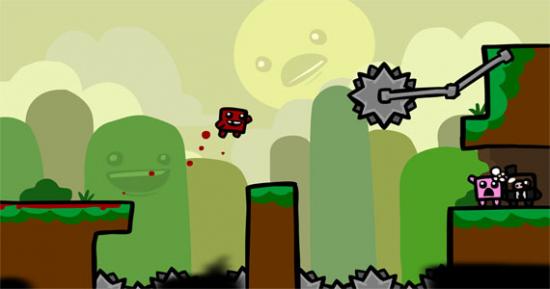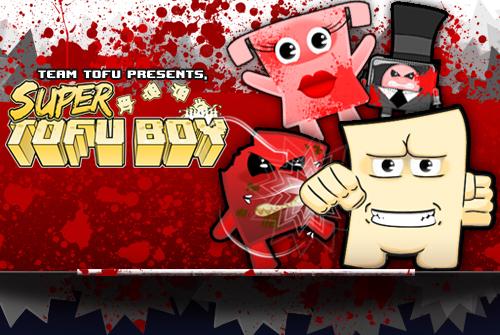Edmund McMillen, author and developer of the games Super Meat Boy and The Binding of Isaac, in an interview with Gamezebo shared his thoughts on the state of the gaming industry, talked about parody games and why video games are a separate art form. In addition, he told a funny story about how his colleague experimented with the price.
On the “rise” of the App Store, a lot of people made good money, but it also forced a lot of people to unsuccessfully try to repeat their success. What do you think about this?
I can’t stand the gold rush. I’ve heard people say more than once: “But I’ll make a game for iOS and earn a lot of money on it.” You try to explain to them that it’s not that simple. The App Store is a roulette. Lottery. Yes, you can break the jackpot. But the chances are really very low. And how much time will you spend? It may not work out.
Don‘t you think that something has to happen, otherwise soon everyone will complain that it is impossible to find anything in the store?
I thought so some time ago. And then we started working on Super Meat Boy: The Game for iPhone and iPad. And I began to think rather that if the market is already oversaturated due to all the nonsense that is posted on the App Store, a good game should stand out. For example, the game Sword & Sworcery, which earned how much in the App Store? A million dollars or something like that? It sounds terrible, but the only reason I see is the fact that the store is full of one-day applications, against which this game looks very cool. And after all, people have to buy games of poor quality. But don’t they want what they’re giving $5 for to really be a worthwhile game? Of course they do. Users need good games.

As far as we know, have you also made parody games?
Tommy and I (Tommy Refenes, Edmund McMillen’s colleague – approx. editors) made a lot of parodies. By the way, we even made Super Meat Boy together as a response to PETA (PETA is an international organization “People for the Ethical Treatment of Animals”, approx. editorial offices). And Tommy made a parody – not so much a parody as the results of observations of iOS products in general, and called it Zits and Giggles. In the game, users were asked to engage in a simple cosmetic procedure – squeezing pimples on the smartphone screen.

Initially, the game cost $ 1, and no one bought it. Then Tommy decided to experiment with the price. He raised it to $ 5 – and the game began to be bought. Then the price increased to $10, then to $20, then to $30 – and so on, and sales continued to “drip”. In February, 14 people have already spent $299 on this game. Finally, on Monday, March 15, Zits & Giggles was removed from the store after someone bought it for a new price of $ 400, and Tommy himself made a fiery speech against Apple, claiming that the quality of games in the App Store is disgusting, users of Apple devices are not gamers at all, and in they don’t understand anything at all. Tommy was just trying to prove the promiscuity of iPhone owners who are willing to buy anything.
It seems to me that people are hungry for games that mean something, because there are simply no such games. Almost everything they are offered now is designed to kill time, no more. And the situation is getting worse every day.
It’s hard to enjoy the game when you realize that its main goal is to get money from you.
Almost all the games I made were related to some event in my life. There were times when I wanted to express my protest with the help of a game – I have already given an example with an organization fighting for the protection of animal rights. The goal was to make people think.

Few people create games to make people think about something.
Now yes, but there used to be such. There were even various unofficial awards for such developers. But, it’s worth noting, the games were really dedicated to some problems. For example, the problem of starving children in Africa – and there could be a game where these children would be on the screen.
Money rules everything now. But, nevertheless, there are still many people who consider video games to be art, because they combine video, cinema, and graphics. Yes, it is, but I think that’s not what makes the art of video games. The main thing is the opportunity to interact with the players and conduct a dialogue with them in such a way that they think. It’s more like practical training, where you can’t control the whole process, but you can start it, and then the players will develop it themselves. And that’s why video games are a separate art form. The realization of this has just begun to appear in the minds of some developers.
